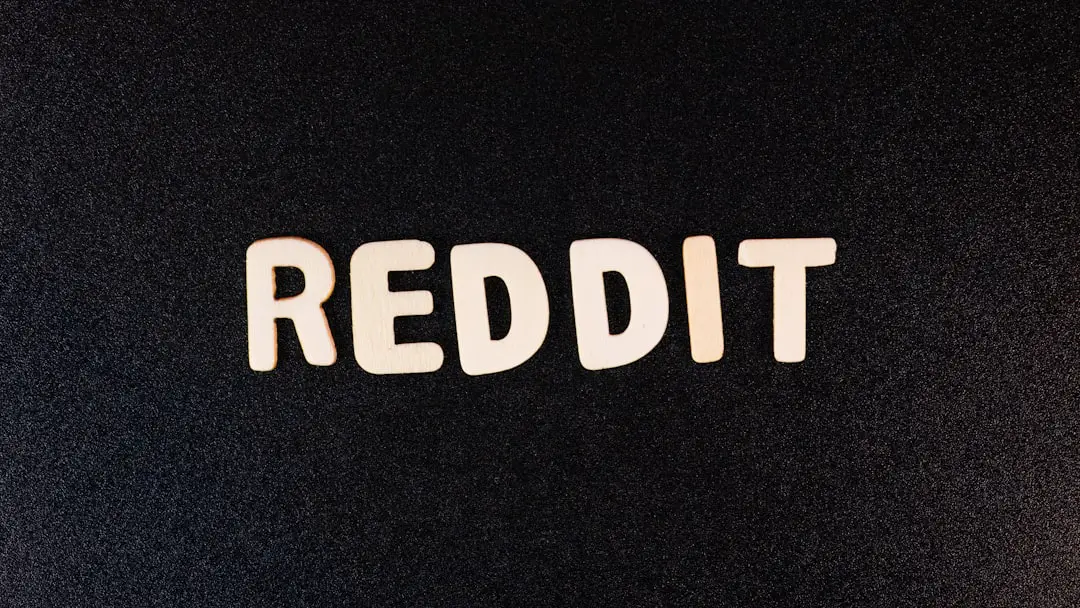On Reddit and other corners of the internet, there has been a notable shift in how people seek mental health support: conversations labeled as “therapy sessions” with ChatGPT and other AI language models have exploded in popularity. This movement has prompted both curiosity and concern among professionals, users, and observers alike.
Whether these interactions are framed humorously, therapeutically, or introspectively, the implications are far-reaching. Below, we’ll explore the rise of ChatGPT therapist conversations on Reddit, the factors driving their appeal, the ethical and psychological issues at stake, and what you should understand if you’re considering using an AI as a pseudo-therapist.
The Allure of an AI Therapist
There are several reasons why thousands of Reddit users are turning to ChatGPT for emotional guidance or pseudo-therapeutic dialogues.
- Accessibility: AI is available 24/7. Unlike human therapists, ChatGPT doesn’t require an appointment, insurance, or fees.
- Judgment-free interaction: Users feel safe disclosing thoughts to an AI, knowing they won’t face social stigma or judgment.
- Immediate response: In a moment of crisis or catharsis, AI can provide near-instant feedback, which may feel comforting, even if it lacks professional nuance.
- Privacy: Anonymity is baked into the interaction, especially on platforms like Reddit, making it easier for users to express deeply personal topics.
These factors combine to make AI-driven conversations feel inviting, especially for individuals who are new to mental health support or who live in areas where access to care is limited.
Common Themes in ChatGPT Therapy Posts
Reddit threads in subreddits such as r/ChatGPT, r/therapy, or r/mentalhealth often showcase users sharing logs or summaries of their interactions with ChatGPT that resemble therapy sessions. These threads typically include:
- Personal confessions: Users disclose issues like loneliness, anxiety, job burnout, or toxic relationships.
- Seeking life advice: Many request guidance on making hard decisions or improving their life circumstances.
- Existential exploration: Some conversations take a philosophical turn, discussing meaning, purpose, and death.
- Emotional venting: Individuals use the AI as a journal or sounding board to offload emotions.
Some users even create entire fictional therapy narratives—crafting imaginary situations where ChatGPT plays the role of a licensed clinician. While creative and sometimes therapeutic in its own way, this trend blurs the line between helpful support and unproven mental health guidance.
Understanding the Limitations
While AI like ChatGPT can sound empathetic and supportive, it’s crucial to understand that it is not a replacement for professional mental health care. Language models possess no feelings, no ethical guidelines for treatment, and no clinical training. They are statistical tools, not sentient beings or licensed therapists.
Some limitations include:
- Lack of therapeutic training: ChatGPT was not trained as a psychologist. It does not diagnose or treat mental health disorders.
- No accountability: There is no regulatory framework holding AI “therapists” responsible for misleading or harmful information.
- Risk of hallucination: Sometimes the AI might provide convincingly false information, known as “hallucination,” which can be dangerous if followed blindly.
- No emergency response: AI cannot intervene during a crisis. If a user is suicidal or in real danger, the model cannot call for help.
This poses unique risks. Vulnerable individuals may mistake ChatGPT’s well-phrased messages for legitimate clinical advice, which could delay or prevent them from seeking real help.
The Reddit Ecosystem: Echo Chamber or Support Network?
Reddit is a powerful social platform, but like all internet spaces, it can become an echo chamber. In the case of AI therapy discussions, this means users who champion ChatGPT as a therapeutic miracle may unintentionally validate others’ misuse of the tool.
While many posts include disclaimers about ChatGPT not being a real therapist, others celebrate the AI’s perceived emotional accuracy or “understanding,” which can be misleading. There are cases where users say that talking to ChatGPT helped more than their human therapist—a sentiment that should be examined critically, not accepted at face value.
Moderators on some subreddits have begun to caution users against using ChatGPT in place of licensed mental health services, and some threads are even removed for promoting unsafe replacement tactics. Still, the line between experimentation and unhealthy dependence is not always clear.

A New Tool or a Dangerous Crutch?
For some, engaging in AI-powered conversations serves as a valuable supplement to traditional therapy or personal reflection. Guidance prompts, mindfulness suggestions, or even just the “act” of writing to something that responds can provide emotional relief. In that sense, ChatGPT can be seen as a self-help tool—not unlike journaling or guided meditation apps.
But for others, particularly those with untreated depression, anxiety, or trauma, the false sense of therapeutic support from AI may become a crutch. It’s important to remember that a machine cannot offer human empathy, nor can it tailor care based on the nuanced, evolving needs of a person’s mental and emotional life.
Dangers can escalate if a user trusts an AI therapist over a qualified one, especially in crisis situations. In addition, ChatGPT’s answers, even if “uplifting,” may be too general or sanitized to prompt real behavioral change or healing. Deep psychological issues typically require ongoing, evidence-based treatment techniques such as cognitive behavioral therapy (CBT), dialectical behavior therapy (DBT), or medication—none of which a chatbot can provide.
What You Should Do If You’re Considering AI Therapy
If you’re considering exploring ChatGPT or similar tools for mental health support, there are responsible ways to do so:
- Treat it as a journaling partner: Use the AI to explore your thoughts—not diagnose or guide treatment.
- Double-check information: If ChatGPT gives you a recommendation, verify it with trustworthy sources or ask a licensed professional.
- Know when to seek help: If you’re experiencing persistent mental distress, intrusive thoughts, or suicidal ideation, do not rely on AI. Contact a therapist or crisis helpline immediately.
- Use it for psychoeducation: Asking the AI to explain psychological concepts can be helpful—but it’s not equivalent to receiving therapy.
The Future of AI in Mental Health
Looking ahead, it’s likely that AI will play a larger role in mental health support—especially in screening, data analysis, or delivering guided self-help programs. Already, some startups have begun building AI companions with more robust ethical design and supervised learning protocols.
However, the Reddit trend shines a light on a deeper need that society hasn’t fully addressed: people want to be heard, supported, and helped. In many places, mental health systems are overstretched, expensive, or culturally stigmatized. Until deeper systemic changes are made, some may continue to turn to AI not just as assistants—but as stand-ins for human care.
That doesn’t mean the trend should go unchallenged. Encouraging digital literacy, ethical design, and clear warnings around AI’s capabilities will be necessary safeguards moving forward.
Conclusion
The rise of ChatGPT as a “therapist” on Reddit reflects both the power and the peril of new technology. It reveals how much people yearn for connection and understanding, but also how easily that need can be channeled toward an oversimplified, and potentially unsafe, surrogate.
Engaging with ChatGPT around emotional or psychological topics can be educational or even comforting—but it should always come with the understanding that this is not therapy. AI can simulate a conversation, but it cannot replicate the depth, care, or responsibility of the human mind—or heart.
If you or someone you know is struggling with mental health, don’t rely on AI. Seek professional help. There is strength, not weakness, in asking for human support.
